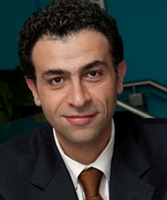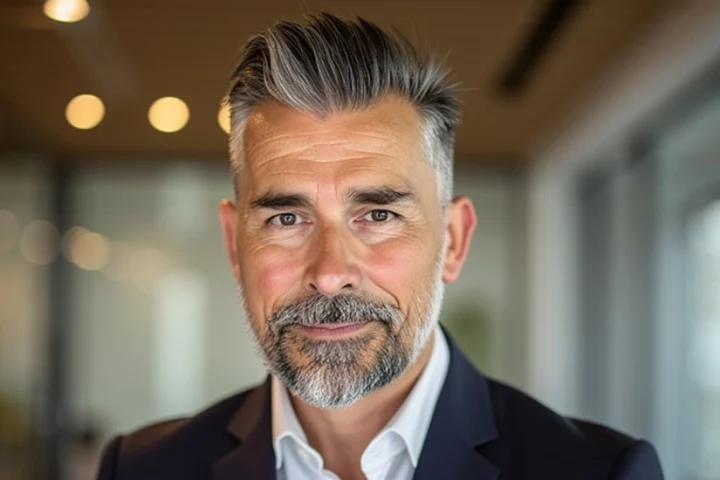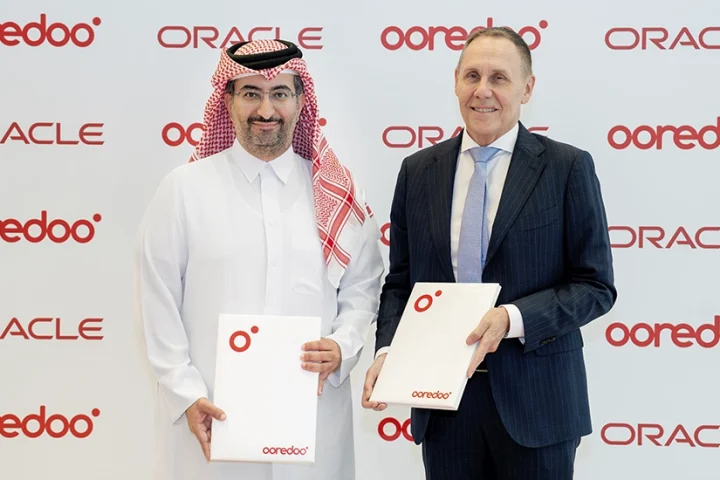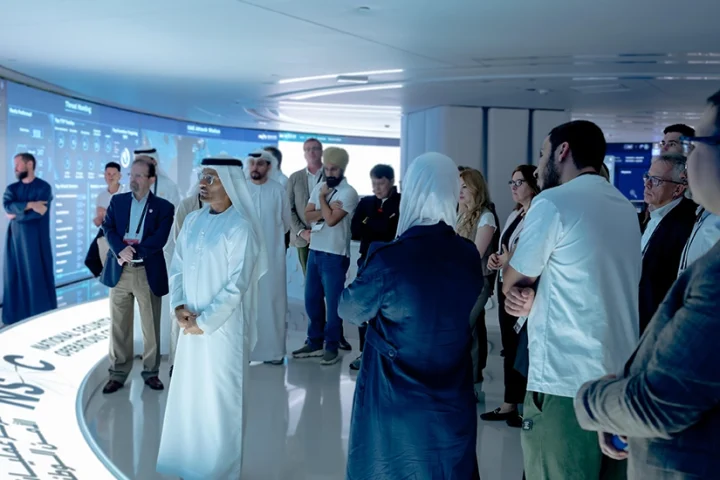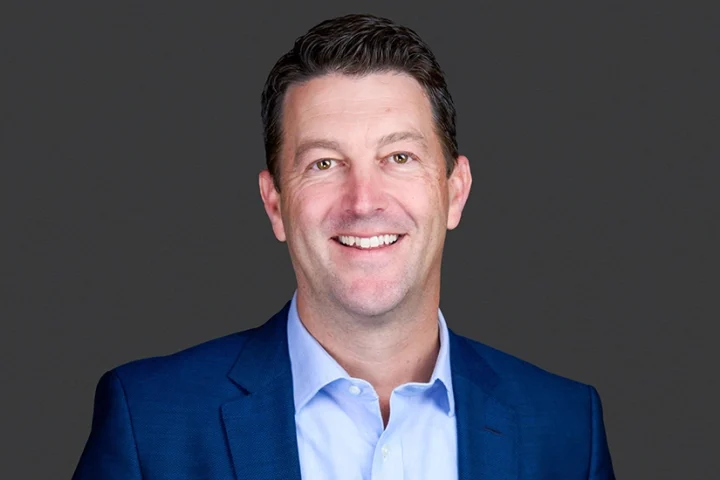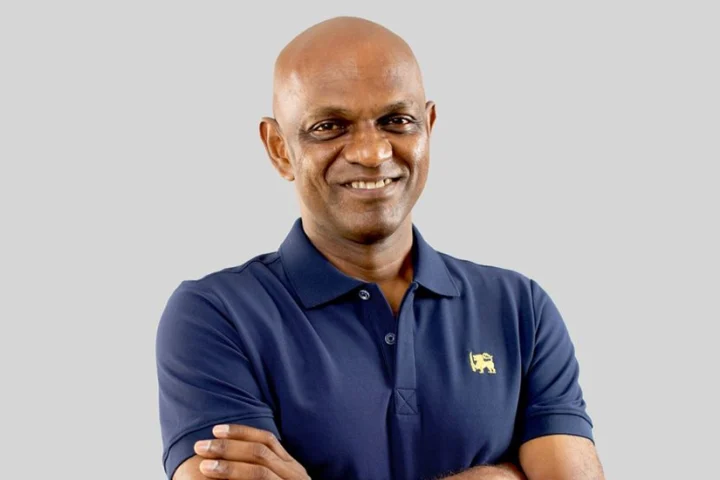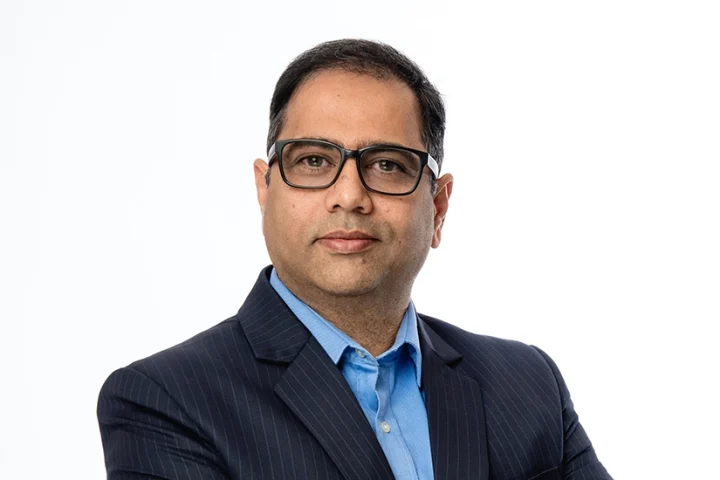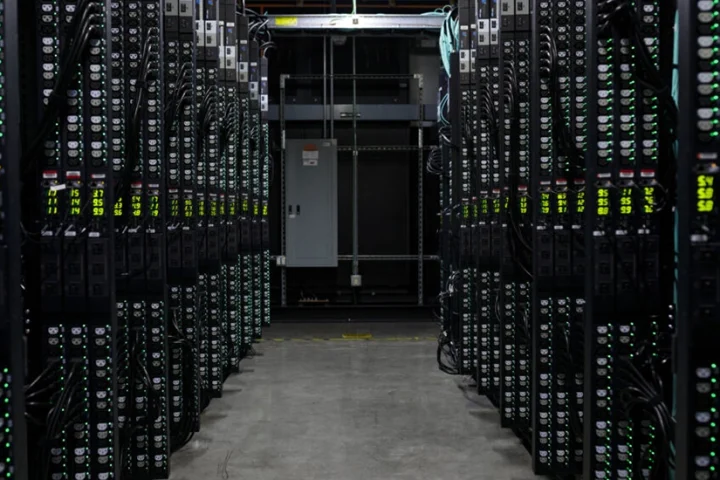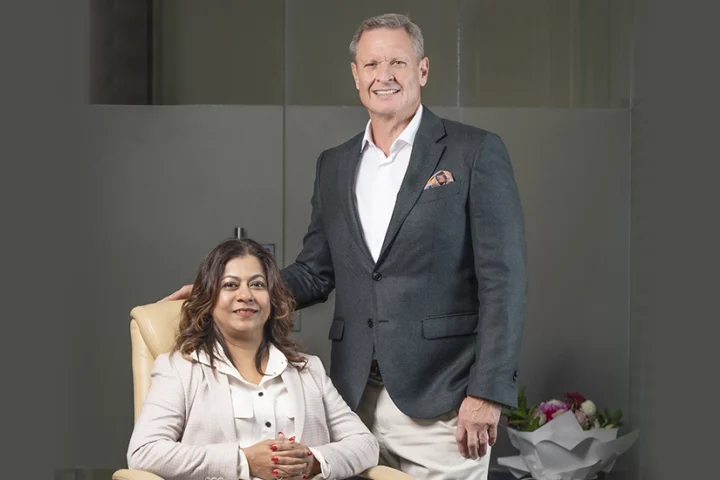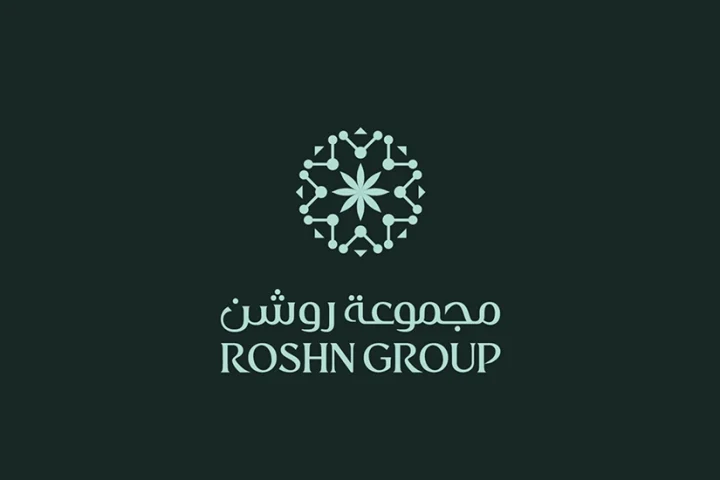For the Smart City initiative to transform Dubai, Ruckus is all set with its innovations.
“We have lost some deals but we have won many deals based on technology and price positioning. We are not perfect we are just trying to capture whatever we can in the market. But our technology has made us successful in the main domains. “
Recently, as a part of Dubai Government Initiative 2021, His Highness Sheikh Mohammed announced Smart City project for Dubai. The city is pushing the technology to benefit the residents. “The Smart City initiative is a visionary move from His Highness Sheikh Mohammed to deploy this whole concept. Everything today is driven by mobile devices and part of it is providing the citizens of the country ability to connect on a platform where they have access to government services, the reach to information, when they want it and when there is necessity,” comments Nader Baghdadi, MENA Regional Director, Ruckus.
There are times when there is connectivity problem of internet on your phone and it inhibits the access of information. The Smart City initiative has been in the stages and tenders are submitted. Many vendors have come up and signed partnerships with the government. “The Smart City initiative is combining GSM, 3G 4G, back phone, wireless which can be indoor to outdoor access points or can be from broadband services. The idea for them is to complement each other and work hand in hand and that gives you the ability to be connected all the time,” he adds.
The ecosystem in a network involves a lot of components. You will always have applications, you will always have data access layers, you will always have security, now Ruckus has introduced location based services. It’s a very strong collaboration mechanism between the different entities involved in making this happen. “So, service providers and vendors like us contribute relatively small component if you take the whole picture. There are a lot of applications involved from security perspective or access to information. However, the Wi-Fi component will be the biggest driver to facilitate this. You can have all the applications you want. It’s pointless if you don’t have the medium to transport all the applications. The availability of wireless as a platform is one of the essential components we have,” he says.
Baghdadi says that the carriers will provide the platform, vendors will give the technology and application and all this has to be put that together to be controlled from a centralized location and someone will have to own this. “I think this is why when Sheikh Mohammad said that he wants this whole city to get Smart Wi-Fi initiative that that means every service, every entity on a public sector will have to own a piece of land and remember that component. So, it’s collaboration,” he explains.
Ruckus has added an interesting feature of location based services which is a part of the technology that the company has. All the people who walk in with the devices with Wi-Fi switched on, Ruckus can actually track all those devices and resell that information or analytics behind that to the retailers. “They can push their offers to their devices accordingly. But at the same time there is a security element too. You can track children and you can find where they are. This provides a comfort zone to people who are in that premise,” comments Baghdadi.
Baghdadi asserts that Ruckus is the expert in RF and it is the technology that makes its APs stand apart in the competition. “From a vendor point of view as Ruckus, we play the war when it comes to Wi-Fi, so we have all the technology that does the indoor and outdoor APs as well as the controllers that manage the app and the security behind it. We provide the Wi-Fi access and this is where our involvement in technology is. The design, the structure, the elements behind our products, nobody can copy us. Nearly two-thirds of our dollar value goes into R&D,” he adds.
As far as the partner strategy is concerned, Ruckus has a very strong relationship with its partners because its model as a company is channel distribution. It operates through partners and doesn’t sell directly. It works aggressively with top System Integrators and enables them. “We do a lot of training, enabling session with them. The other advantage we have with them is that we don’t have too many partners, we have very select partners. In projects of this scale, we are always involved with the partner from the first one. The partners give exams and are certified. Ruckus doesn’t deliver the project, it delivers the technology. Baghdadi explains that the partners are the representatives to take the solutions to the market. He elaborates with an example. “We have partners who come and say we want Ruckus in so and so positions. Carriers may say that we are going to top 3-4 vendors and ask for a tender. Vendors respond and the carriers will select the best one from the technology, cost and delivery perspective. Those vendors will be contacted through partners or System integrators. The ownership of this will always come from the entities of the government,” he adds.
He says that all the partners can deliver such projects. The initial relationship is always between Ruckus and the customer and then the company passes on the torch to System Integrators who carry on the journey.
Most of the times on the hardware, Ruckus has demo kits for the partners. “The partners invest in demo kits because it shows the loyalty and also they need them for a lot more customer visit and they need to get trained on it. We have well over 400 partners in the region. The channel contribution has been very successful,” he adds.
Post-sales is all done by the partner or SI. There are different levels. If the partner at Level 1 gets stuck, it gets passed on to the distributor at Level 2. From that point onward the technical resources are always involved. Then the escalation mechanism happens from the presales engineers to our technical resource. As far as pricing factor is concerned, Baghdadi says that Ruckus tries to position as much as it can on the technology side at the beginning. “We show the value behind it. We are competitive to our competition. We have lost some deals but we have won many deals based on technology and price positioning. We are not perfect we are just trying to capture whatever we can in the market. But our technology has made us successful in the main domains. We don’t show the Power Point presentations but we have the POC, the customer can try it and take it. We try to keep the conversation short. This has been very successful to us,” he adds.
Enterprise market is the biggest market for Ruckus. It covers hospitality, education, and healthcare. “Hospitality is one of our strongest domains and we have managed to get all competition out in this space. This is one of our strongest assets. We don’t follow a reference design like our competition, we have a proprietary design,” he says.
Finally..
Ruckus has recently introduced the newer technology .11ac which will be wave one which uses the stronger version of ‘M’. Wave two will be available by 2015 which will use only 5 Gigahertz. “We developed large controller which is specifically made for the carrier environment. Today our enterprise controllers can manage from 6 APs to 1000. We are going to introduce Smart Cell Gateway, one device that can manage up to 10,000 APs,” he informs.
“In this region, 2010-13, we have had over 200% growth. We are very aggressive and successful in the ME,” he concludes.


